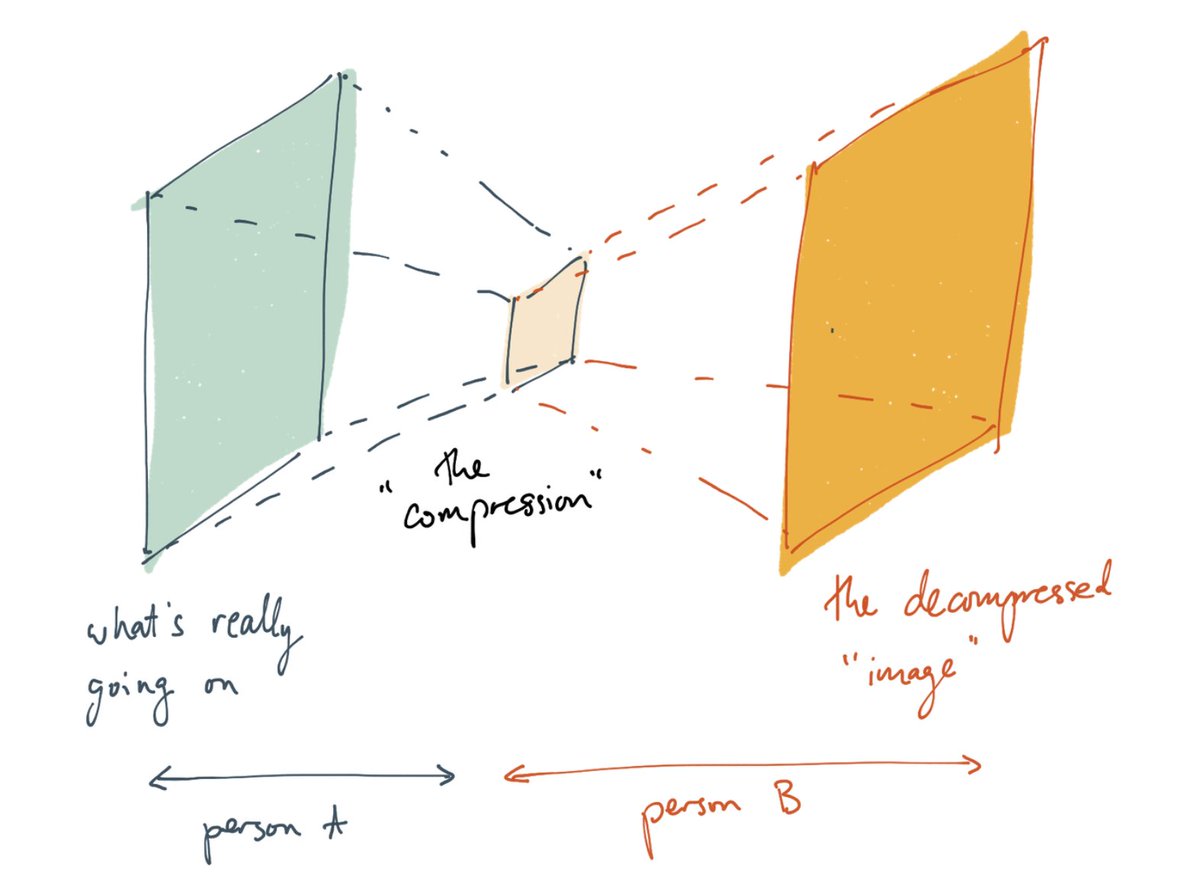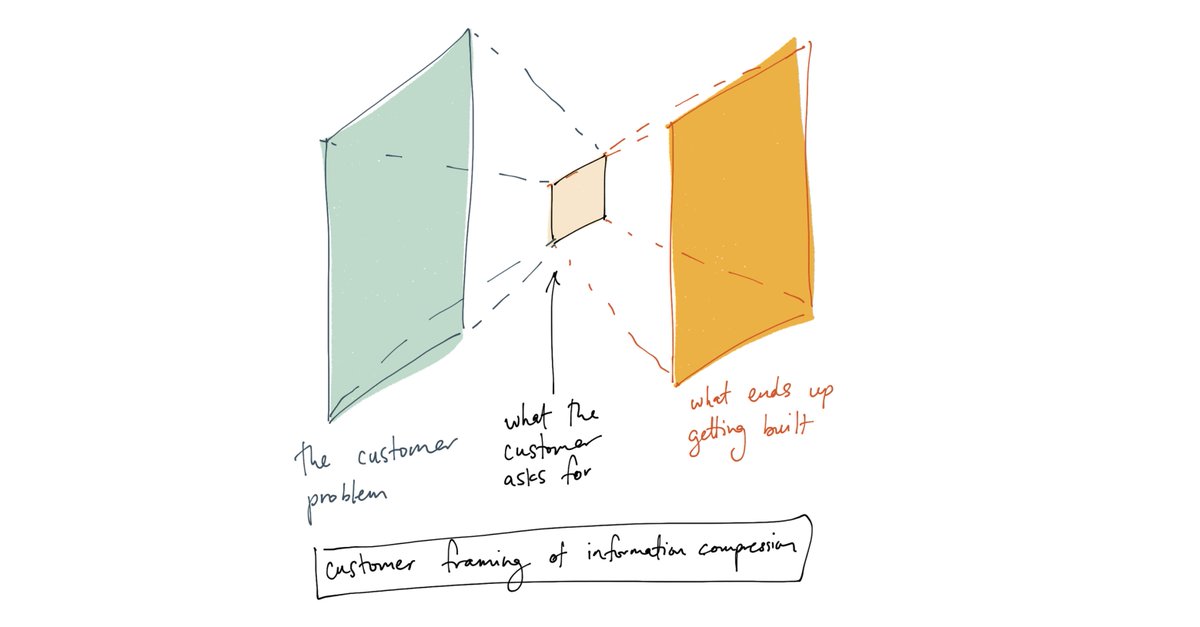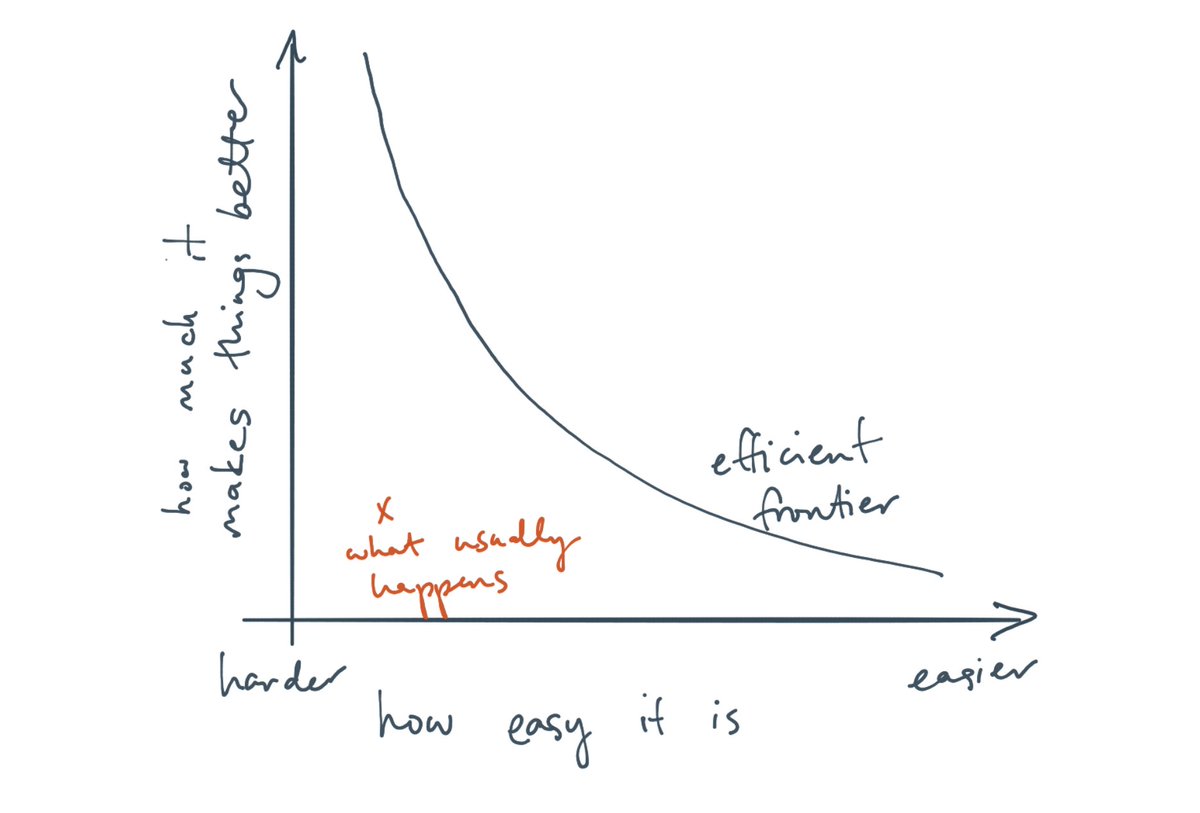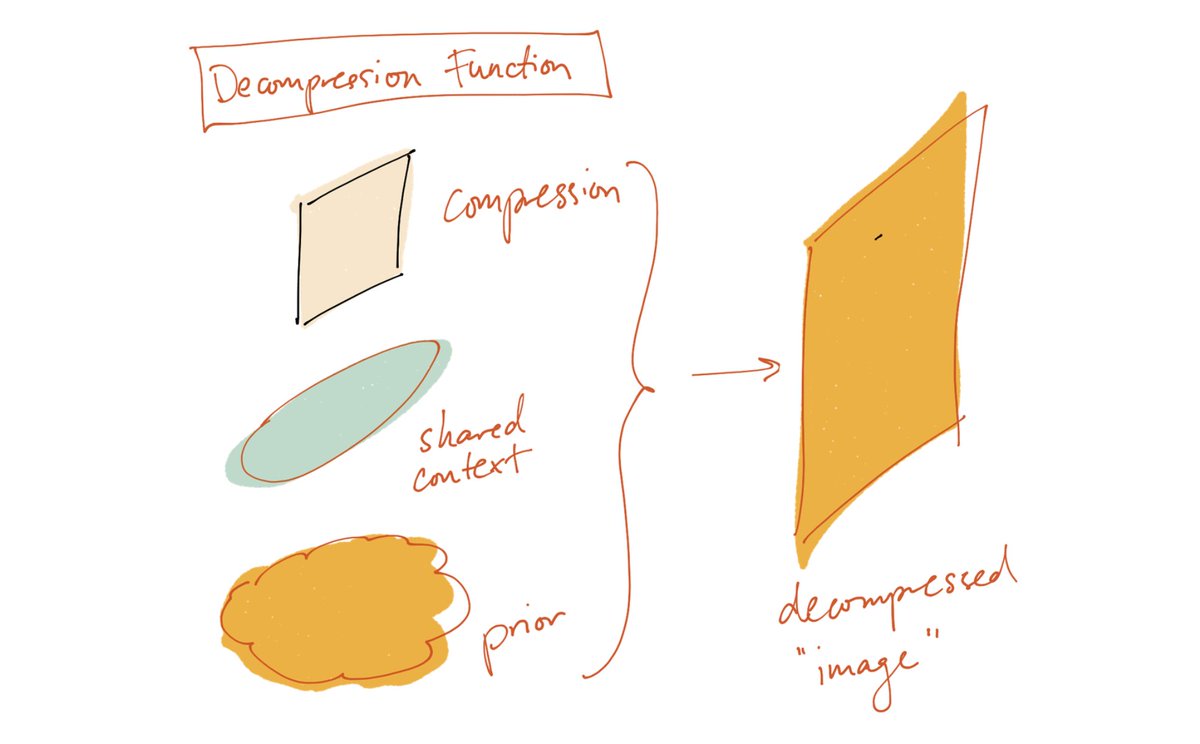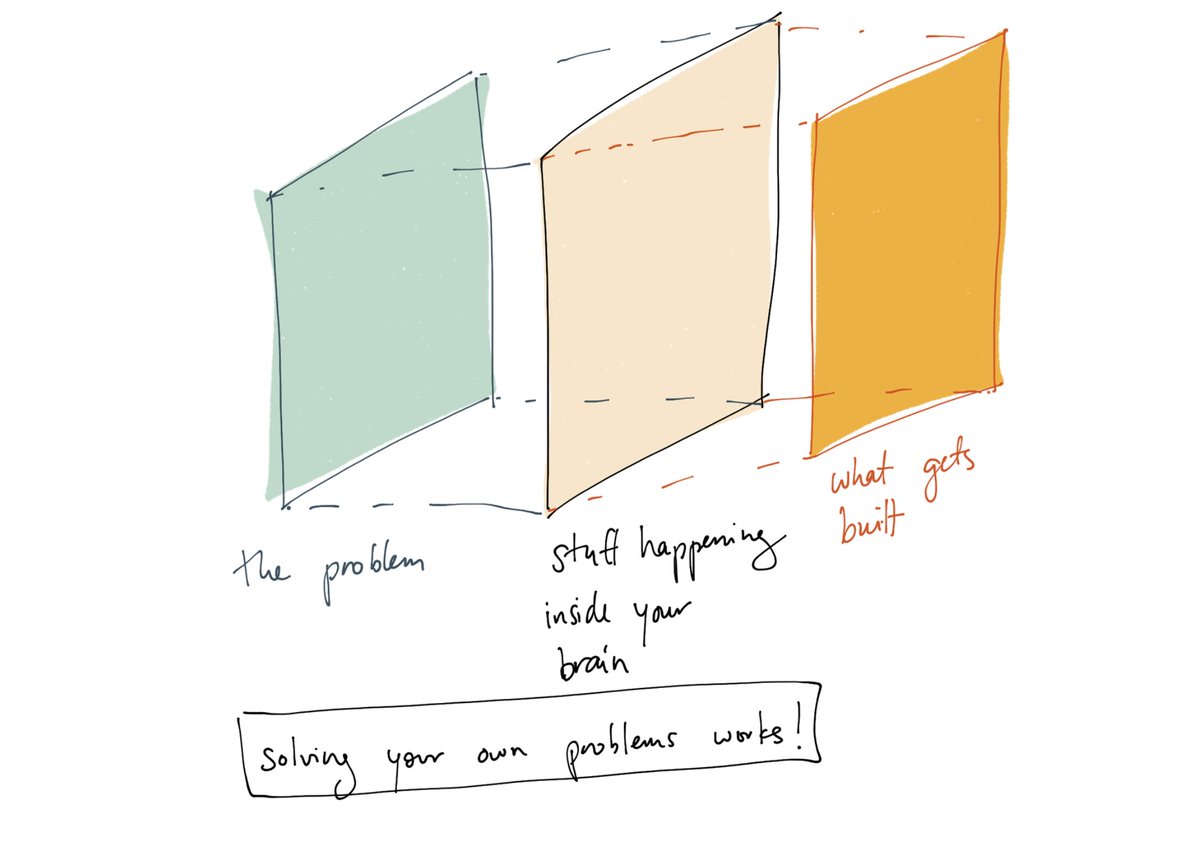I'm publishing another @scale_AI memo which meaningfully affected how many of us at Scale operated.
Information Compression
Breaking it down in the thread below https://alexw.substack.com/p/information-compression
https://alexw.substack.com/p/information-compression
Information Compression
Breaking it down in the thread below
 https://alexw.substack.com/p/information-compression
https://alexw.substack.com/p/information-compression
2/ The *real* reason that big organizations operate less efficiently is because of bad information compression.
Ideas, which are often very complex, have to pass through the very narrow window of human language, and often all the nuance is lost.
Ideas, which are often very complex, have to pass through the very narrow window of human language, and often all the nuance is lost.
3/ This process is never successful.
Whenever a hand-off occurs between two people, you invariably lose about 90% of the interesting information. This hurts efficiency exponentially. Each hand-off kills nearly all the useful information.
Whenever a hand-off occurs between two people, you invariably lose about 90% of the interesting information. This hurts efficiency exponentially. Each hand-off kills nearly all the useful information.
4/ Put another way, nobody is telling the full truth. Mostly by omission, and mostly unintentionally.
This is *especially* true of customers, who, like the rest of us, are not very good information compressors.
This is *especially* true of customers, who, like the rest of us, are not very good information compressors.
5/ The version of this that nearly every coder has felt:
Someone asks you to do something, it's not *that* easy to build, and it also doesn't *really* solve the customer's problem. Double whammy of inefficiency.
Someone asks you to do something, it's not *that* easy to build, and it also doesn't *really* solve the customer's problem. Double whammy of inefficiency.
6/ While the compressions are never amazing, the decompression step is where a lot goes wrong as well.
In addition to the compression, there's often limited shared context, and limited prior between Person A and Person B.
In addition to the compression, there's often limited shared context, and limited prior between Person A and Person B.
7/ This gives clues as to how to solve it in big teams though:
1. Maximize shared context -> verticalize teams as much as possible
2. Maximize prior -> build a super strong culture
1. Maximize shared context -> verticalize teams as much as possible
2. Maximize prior -> build a super strong culture

 Read on Twitter
Read on Twitter